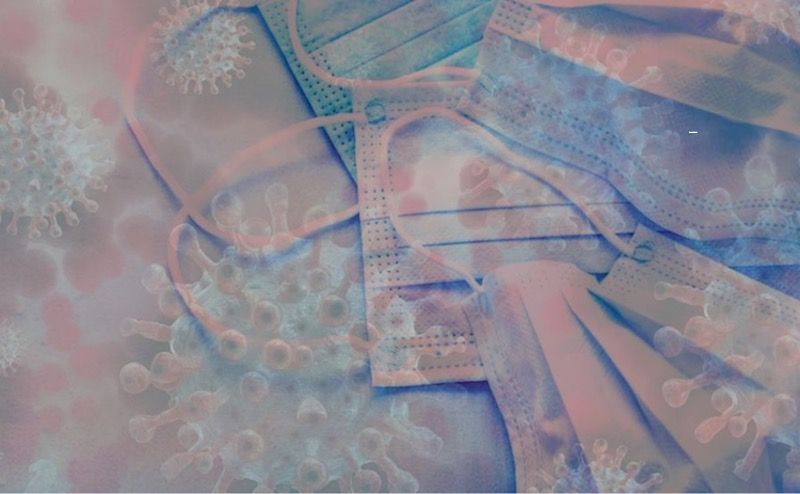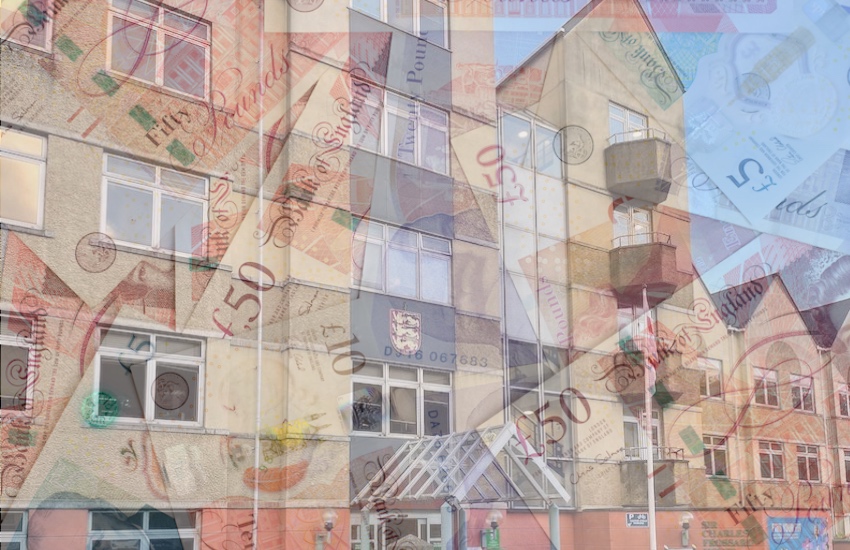


Nearly £100m had to be spent on the Bailiwick’s response to the pandemic in just under two years.
The majority of that cash, £55,208,000, was pumped into businesses to help them meet payroll and provide other support in lieu of trade for those self-employed.
The new figures do not include preparatory work conducted prior to March 2020 or ongoing measures after April 2022, such as the vaccination programme or the dismantling of testing areas, for example.
But other linked costs are noted, such as the major decline in air travel since the pandemic which hit both States-owned Aurigny and the public ports hard.
States revenues, such as property tax, social security, rent payments, and mooring fees, were also either deferred or terminated. This resulted in an income loss of £344,000.
Meanwhile the cost of pay and “non-pay” for public sector workers, including extra staff brought in to service everything from helplines to the vaccine centre, topped £17.3m.

The States initially offered to cover 80% of a firm's wage bill based on the minimum wage - between £8.50 and £9 per hour - but later increased this to 100% provided business met the criteria. Businesses needed to have traded for at least six months and be in an eligible sector.
Over £40m was spent on payroll co-funding in full lockdown, and phase four of lockdown, alone between 2020 and 2022.
Just £1.8m was recuperated from 18 businesses able to pay back the wage support.
Grants were also given to businesses between £1000 and £2000 - provided monthly overheads exceeded £500 - which totalled £9.5m. Government loan guarantees were also offered for a period of eight years.
Nearly £9m was shelled out on grants for accommodation and a “visitor attraction scheme”.
Hardship payments were offered to those who fell outside the criteria for income support and to assist with self-isolation totaling £422,000.
Upwards of £2.8m was dispensed for additional income support, mainly during periods of full lockdown. This is not included in the States’ final total.
Just over £1,000,000 was required for “workstreams relating to exit from Lockdown”.
£816,000 was spent on medical equipment including PPE, testing equipment, and specialist breathing apparatus for the critically ill.
£287,000 went towards increasing capacity at the hospital, setting up testing facilities and the virus sequencing laboratory.
The vaccination programme in the period cost £420,000.
Nearly £1m was pumped into beefing up ICT to help record and manage infections, vaccinations and public notices. Laptops and keys for programmes were also rolled out for civil servants to enable home working.
The States say this was already planned under the 10-year digital transformation of public services, but the pandemic accelerated the roll-out.
The States says it is ensuring “due diligence” by carrying out internal and “confidential” audit reviews of payroll co-funding, grants, and visitor schemes throughout the pandemic.
Comments
Comments on this story express the views of the commentator only, not Bailiwick Publishing. We are unable to guarantee the accuracy of any of those comments.